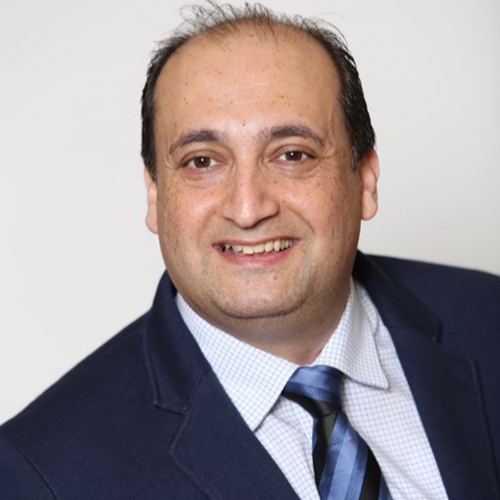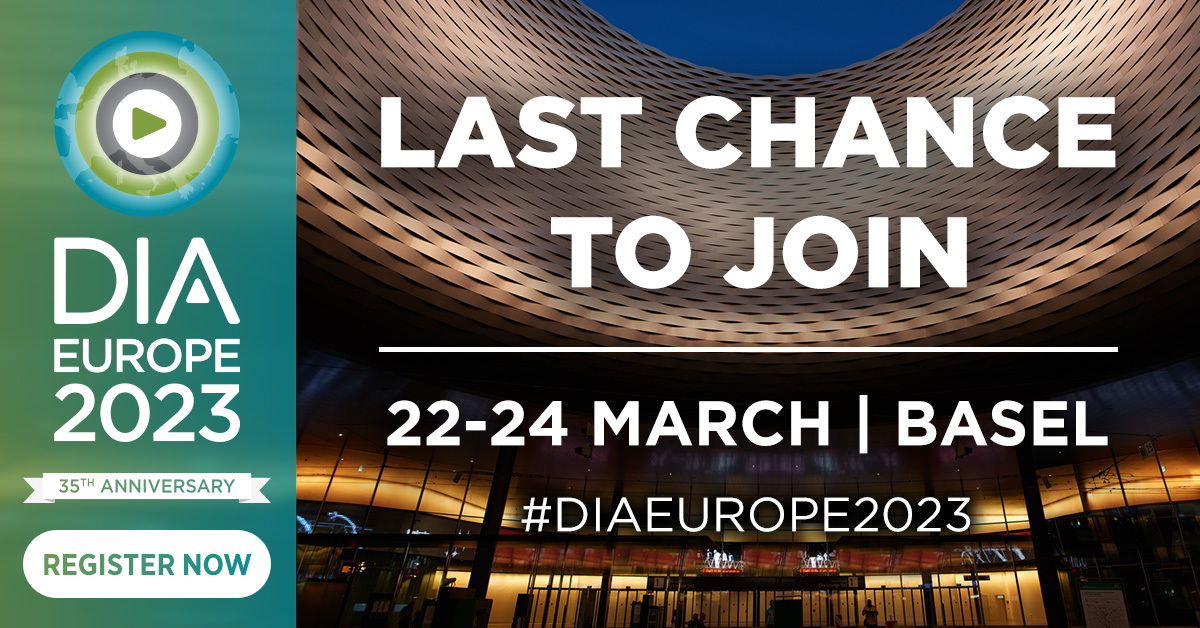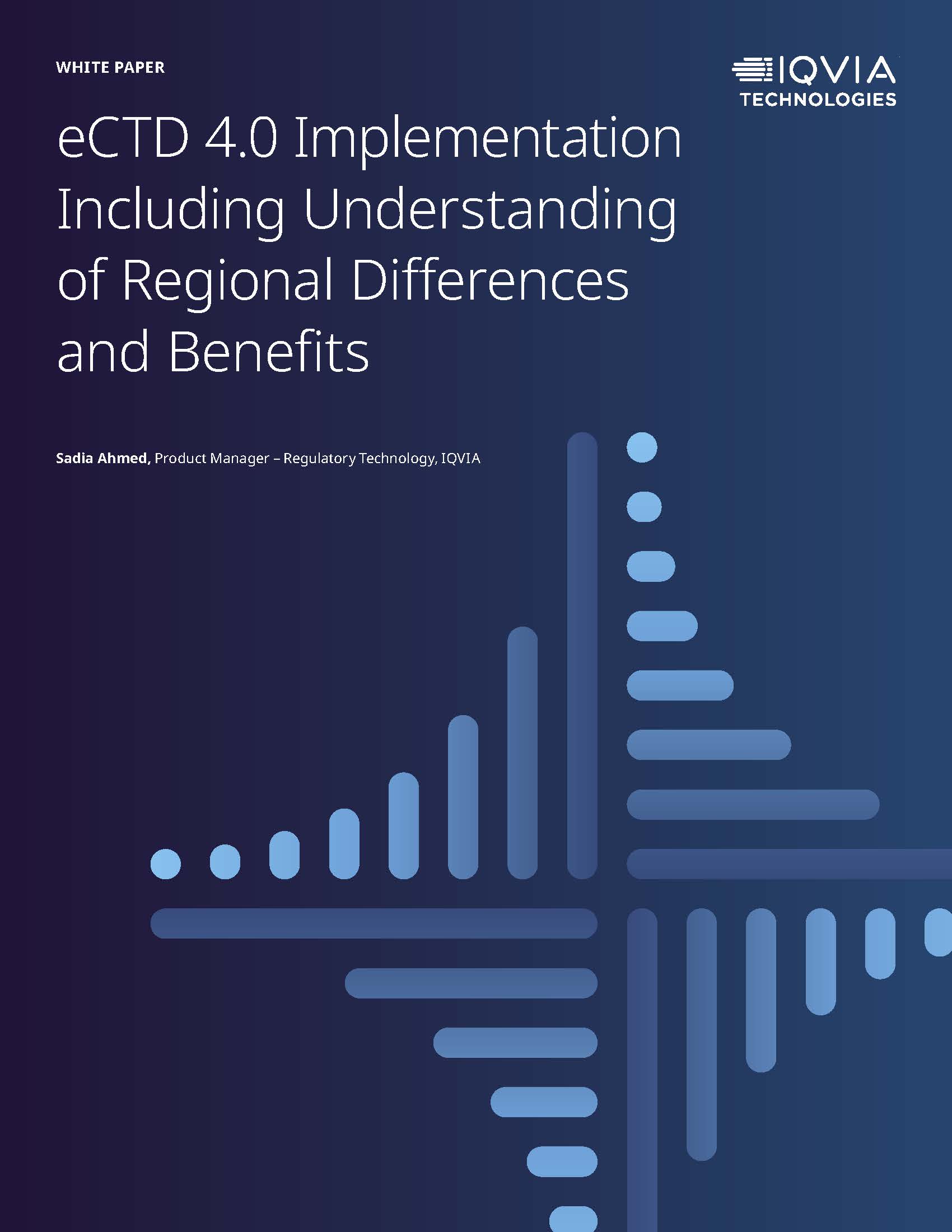Table of Contents
- Evolution of Cancer Modeling Drives Drug Discovery
- A Roadmap to Get Started With Quality by Design in Clinical Trials
- What Does the Future of Patient Engagement Look Like?
-
Special Section: CLINICAL RESEARCH IN UKRAINEProtecting Clinical Research, Researchers, and Research Participants in UkraineSpecial Section Introduction
- Giving Voice to the Unheard
- Ethical Considerations on Clinical Trial Participation and Management in Wartime Conditions
Perspective from the IFAPP Ethics Working Group
- From COVID-19 Pandemic to War: Clinical Trial Industry Powers On Under Extreme Conditions
- White Paper
- IQVIA: eCTD 4.0 Implementation: Including Understanding of Regional Differences and Benefits
- We Are DIA
- Solve and Sustain, Leave Your Legacy: New DIA GCE Marwan Fathallah
- Executive Leadership
- Editorial Board
Subscribe
Love Global Forum’s new online format? Subscribe today and never miss an issue.
Editorial Board
Content stream editors
Gary Kelloff US National Institutes of Health
Ilan Kirsch Adaptive Biotechnologies Corp.
regulatory science
Isaac Rodriguez-Chavez Independent Consultant
Patient engagement
Chi Pakarinen MediPaCe
Natasha Ratcliffe COUCH Health
Thomas Smith Independent Patient Consultant
Young Professionals Editor
Editorial Staff
Sandra Blumenrath, Managing Editor, Scientific Publications DIA Scientific Communications
Chris M. Slawecki, Senior Digital Copyeditor DIA Scientific Communications
Regional Editors
David Mukanga Bill and Melinda Gates Foundation
ASEAN
Jin Shun Sandoz
AUSTRALIA/NEW ZEALAND
Richard Day University of New South Wales, Medicine, St. Vincent’s Hospital
CHINA
Ling Su Shenyang Pharmaceutical University, Lilly Asia Ventures
Europe
Julie O’Brien Pfizer
INDIA
J. Vijay Venkatraman Oviya MedSafe
JAPAN
Ozawa Goshi Real Discovery Outdoors Co,. Ltd.
LATIN AMERICA
Cammilla Gomes Roche
USA
Ebony Dashiell-Aje BioMarin
DIA Membership
Bringing together stakeholders for the betterment of global health care.
he models used in anticancer drug discovery are imperfect but have, over the past 40 years, continued to improve and improve again. As the tools for cancer drug discovery continue to improve, the lessons learned from earlier models are merged into the next generation of models, steadily moving toward models that more closely recapitulate the patient and the disease. We are closing in on the cure.
Digital QbD
ood clinical practice (GCP) has been implemented solely by directives on how, what, and when specific documentation must be available, without any relation to operational study risks and mitigation. Protocols are designed too late in the process, with limited time to assess efficiency or operational feasibility. The result is an immobilized and tangled industry with localized regulations and inefficient standard operating procedures (SOPs), taking an average of seven years and over $2.9B to bring a medical product to market.
Can QbD be the panacea to untangle the current quality testing-based GCP? Yes, for two reasons. First, it provides an approach to identify risks many months before a protocol is approved. Second, it uses principles to design the simplest and most cost-effective solution to mitigate risks.
Life Sciences Public Engagement Specialist
atient engagement in medicines development (and largely in health research) is nowhere near the aspired systematic engagement that brings value to all involved stakeholders. Why hasn’t it been taken up and why is it still not a widespread approach if it is said to be a win-win for all?
White Paper
White Paper
Special Section Introduction
Good Clinical Practice Alliance – Europe (GCPA)
Strategic Initiative for Developing Capacity in Ethical Review (SIDCER)
@SIDCER_EU
National University of Pharmacy, Ukraine
Ethics Working Group, International Federation of Associations of Pharmaceutical Physicians and Pharmaceutical Medicine (IFAPP)
he ongoing Russian-Ukrainian war disrupted the global clinical trials and research ecosystem in an unprecedented way, challenging patient safety, continuity of care, and trial integrity. The immediate response of the Ukraine State Expert Center of the Ministry of Health and the clinical research community to maintain the continuity of clinical research and patient care has been exemplary. At the same time, the international clinical research community has come together in a committed and sustained manner to support Ukraine’s clinical research enterprise while remaining engaged in staff and patient support. While we have read and heard much about how the international clinical trials community collectively supported research during the COVID-19 crisis, there is much less awareness of how regulatory, ethics, and medicines support has been provided during this acute crisis in Ukraine.
Cancer Trial Continuity in Ukraine Is a Shared Responsibility and a Global Imperative
National Cancer Institute (NCI), Ukraine
Ukrainian Society of Clinical Oncology (USCO)
Clinical Trials Assistance LLC, Ukraine
Dnipro State Medical University, Ukraine
eople living with cancer often participate in clinical trials because that is their only, or the best, available care option. Participation in oncological trials gives them access to verified diagnosis, novel treatment approaches, and qualified and trained physicians mostly inaccessible compared to the average patient. The invasion of Ukraine poses a serious risk and threat to clinical research continuity that also constitutes patient care.
t the start of the war in 2022, as many as two million people in Ukraine were living with a rare disease. The disruption of care and access to medicines caused by the conflict was a major challenge.
As early as March 2022, EURORDIS launched a project to address urgent gaps in the procurement of orphan medicines and other needs expressed by people living with a rare disease, including the conduct of a survey to understand their reality.
Kanagawa Dental University, Japan
National University of Pharmacy, Ukraine
Good Clinical Practice Alliance – Europe (GCPA)
Strategic Initiative for Developing Capacity in Ethical Review (SIDCER)
@SIDCER_EU
ivilized society has constructed rules and protective measures to prevent repeating grievous human mistakes and to protect human health, safety, and rights. These include the CIOMS (Council for International Organizations of Medical Sciences) health research guidance on ethics, medical product development, and safety, the Declaration of Helsinki, and other guidelines which declare protection of life, human rights, and diversity of cultures.
Ethics: Giving Voice to the Unheard
Part 1:
Ethical Considerations for Research with War-Affected Populations
o understand the impact of armed conflict on research ethics, and the obligation to involve the war-affected population in these ethical discussions, we must understand the impact of war on research itself.
Research is typically conducted by a group of researchers affiliated with a research institute, hospital, or academic institution. These researchers can plan because they have funding, know what the funded items are, have the study population, have the study area, and everything is generally settled. Ethical oversight is done by a regular institutional review board (IRB) which assesses each study protocol against national and international guidelines, a set of principles very standardized in terms of consent, respect for privacy, confidentiality, and data protection. There’s monitoring and follow-up. Publication ethics and standards are clear.
Ethics: Giving Voice to the Unheard
Part 2:
Ethical Consideration for Children in Wartime
hallenges abound in conducting research with children who have experienced war. Risks (physical and otherwise), awakening of traumatic experiences, informed consent, power relations, personal attachments, and methodological challenges must all be addressed with this vulnerable population.
Ethical Considerations on Clinical Trial Participation and Management in Wartime Conditions
Perspective from the IFAPP Ethics Working Group
o draw conclusions from the war in Ukraine which might be used in other catastrophic situations, we must evaluate events and facts carefully and objectively. It is useful to refer to the original concept of the Red Cross movement, which states that victims of war should be protected irrespective of which warring party they belong to. We should be guided by the principles of humanity, impartiality, neutrality, independence, and universality.
he years 2020 and 2021 shaped how clinical trials are currently operationalized. When the COVID-19 pandemic began in early 2020, sponsors and Clinical Research Organizations (CROs) were up against unforeseen changes, including site closures and a shift to remote monitoring of source data. Sponsors and CROs set up business continuity teams to keep trials running despite the site closures they were seeing and unprecedented circumstances they were up against, and were able to deploy remote technologies while prioritizing patient safety and data integrity.

Leave Your Legacy:
New DIA GCE Marwan Fathallah


n January 30, DIA announced that it had named Marwan Fathallah as President and Global Chief Executive. Mr. Fathallah will lead the organization to help drive thought leadership and innovation in therapeutic development to improve the health of people worldwide. Marwan took time from his onboarding schedule for this Q&A with Global Forum Editor-in-Chief Alberto Grignolo.







